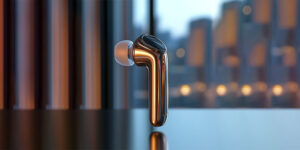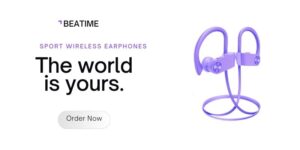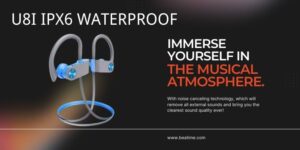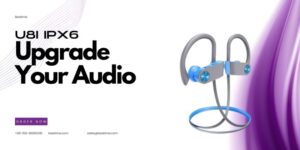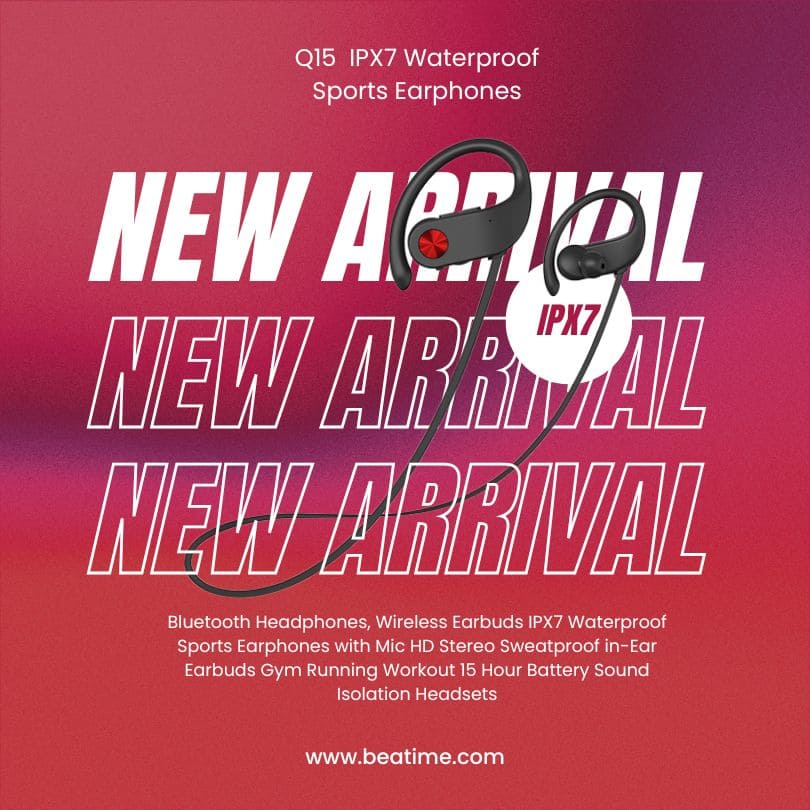
If you sell Bluetooth headphones, you have to know the certifications required to sell them in different markets around the world. I’m giving you the complete breakdown of all these certifications your product has to meet so you’re in compliance with all of the safety, environmental, and technical standards.
What Are Bluetooth Headphone Certifications?
Bluetooth headphone certifications validate your product’s compliance with international regulations, ensuring safety, performance, and environmental standards. These certifications are mandatory for entering global markets, building consumer trust, and avoiding legal penalties.
Key Certifications for Bluetooth Headphones
The table below outlines the certifications required for Bluetooth headphones by region:
| Region | Certification | Purpose | Duration | Cost (USD) | Authorized Labs |
|---|---|---|---|---|---|
| China | SRRC | Ensures compliance with China’s frequency spectrum regulations for radio products. | 4-6 weeks | $560-$1120 | CQC, SGS, Intertek |
| Global | BQB (Bluetooth SIG) | Certifies Bluetooth compatibility and logo usage rights. | ~4 weeks | $7,500/year (Adopter fee) | Bluetooth SIG authorized labs |
| EU Countries | CE | Verifies compliance with European safety, health, and environmental standards. | ~3 weeks | $560-$840 | TUV, SGS, Intertek |
| EU Countries | RoHS | Restricts hazardous substances, ensuring eco-friendly manufacturing. | 1-2 weeks | $140-$280 | TUV, SGS, Bureau Veritas |
| EU Countries | REACH | Regulates chemical substances used in production to protect health and the environment. | ~1 week | $210-$420 | TUV, SGS, Intertek |
| North America | FCC | Ensures compliance with U.S. regulations for electromagnetic interference. | 3-4 weeks | $560-$1400 | UL, TUV, SGS |
| Japan | TELEC | Confirms compliance with Japanese radio frequency standards. | 15-20 business days | $1120 | Telec, JQA, TUV, SGS |
| Canada | ISED | Ensures compliance with Canadian Innovation, Science, and Economic Development regulations. | ~4 weeks | $750 (registration fee) | UL, CSA, SGS |
| Australia | RCM | Covers electrical safety and electromagnetic compatibility. | 2-3 weeks | Varies | TUV, SGS, Intertek |
| South Korea | KCC | Confirms wireless and electromagnetic compatibility for products in South Korea. | Varies | Varies | KTL, KTC, SGS |
| Global (50+ countries) | CB Scheme | Ensures mutual recognition of product safety standards across member countries. | Varies | Varies | IECEE recognized labs |
| Global (Optional) | IP Rating | Defines protection against solids (dust) and liquids (water); essential for outdoor products. | 2-3 weeks | $100-$300/test | SGS, Intertek |
Why Certifications Are Important
- Market Access: Without certifications like CE, FCC, or SRRC, your Bluetooth headphones cannot enter specific regions legally.
- Consumer Confidence: Certifications prove the quality and safety of your product, boosting customer trust.
- Legal Compliance: Avoid penalties, recalls, or bans by adhering to regional requirements.
- Sustainability: Certifications like RoHS and REACH demonstrate environmental responsibility, a key factor for global consumers.
Detailed Breakdown of Major Certifications
1. SRRC (China)
- Purpose: Ensures compliance with China’s radio frequency regulations.
- Relevance: Mandatory for all wireless products sold in China.
- Process: Products are tested in labs like CQC or SGS to confirm compatibility.
2. BQB (Bluetooth Qualification Body)
- Purpose: Certifies Bluetooth technology compliance.
- Relevance: Required for using the Bluetooth logo and branding.
- Process: Register with Bluetooth SIG and undergo lab testing.
3. CE Certification (EU Countries)
- Purpose: Verifies safety, health, and environmental compliance.
- Relevance: Mandatory for products entering the EU.
- Process: Submit products to labs like TUV or Intertek for testing.
4. FCC (United States)
- Purpose: Ensures electromagnetic compatibility and safe operation in U.S. markets.
- Relevance: Required for wireless products sold in the U.S.
- Process: Labs like UL or SGS perform technical evaluations.
5. IP Rating (Global)
- Purpose: Measures water and dust resistance, e.g., IPX4 (splash-proof) to IPX7 (submersible).
- Relevance: Crucial for sports and outdoor-use headphones.
- Process: Products are tested under controlled conditions.
Tips for Manufacturers
- Plan Early: Start certifications during the product design phase to avoid delays in market entry.
- Bundle Certifications: Save costs by applying for multiple certifications simultaneously.
- Stay Updated: Regulations change; consult experts regularly to ensure compliance.
- Choose the Right Labs: Work with authorized labs like SGS, Intertek, or Bureau Veritas for efficient testing.
FAQs About Bluetooth Headphone Certifications
Q: Do I need all certifications for my headphones?
A: It depends on your target market. For example, FCC is mandatory for the U.S., while CE and RoHS are essential for Europe.
Q: What is the cost of FCC certification?
A: The cost ranges from $560 to $1400, depending on the complexity of the product.
Q: How can I certify my headphones for waterproofing?
A: Obtain an IP rating by testing your product at labs like SGS or Intertek.
Get Certified and Go Global
Certifications are your passport to international markets. By ensuring compliance with global standards, you not only enhance the marketability of your Bluetooth headphones but also build trust with customers and distributors.
Ready to certify your products? Contact us today to streamline your certification process and start selling worldwide!




